Criticizing your child can be a delicate matter, and it’s important to be mindful of the impact your words can have on their developing self-esteem and emotional well-being. Here are four phrases that parents should avoid saying to their children, as they can be detrimental to their confidence and emotional development.
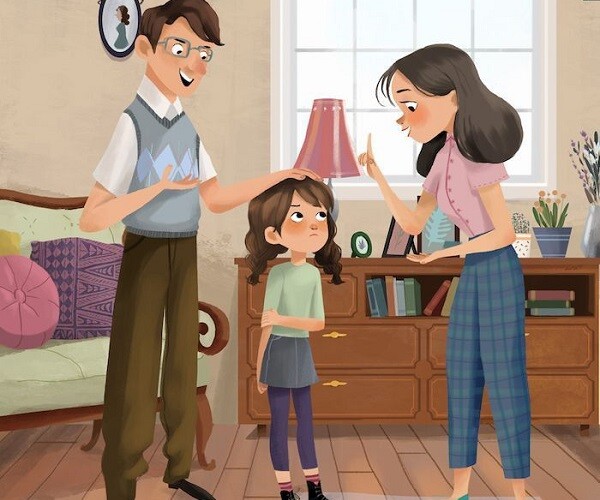

“Why are you so stupid?”
A mother shared her experience of losing her temper while helping her son with his homework. After explaining a math problem multiple times, her son still couldn’t get it right. In her frustration, she shouted at him, “Why are you so stupid?”
From that day on, her son would frown whenever asked to do math homework, and he even started hiding his math tests from her.
The mother, confused by his behavior, said: “Even if you hide them, I will still find a way to see your tests.”
The boy replied: “It doesn’t matter, I’m just stupid and bad at math.”
In reality, the labeling effect in psychology shows that when children are labeled negatively, they tend to unconsciously conform to that label. In simpler terms, children will become what their parents label them as.
Especially for children whose brains are still developing, their self-perception heavily relies on external evaluations. The word “stupid” will be deeply ingrained in their minds, and when faced with challenges, they will automatically think, “I can’t do it.” Some children may even give up trying to live up to that label.
According to educator Suhomlinsky, children’s hearts are sensitive and open to absorbing all things good. Instead of using words like “stupid” to deny their abilities, parents should point out the issue specifically. This approach will help children accept and improve more effectively.
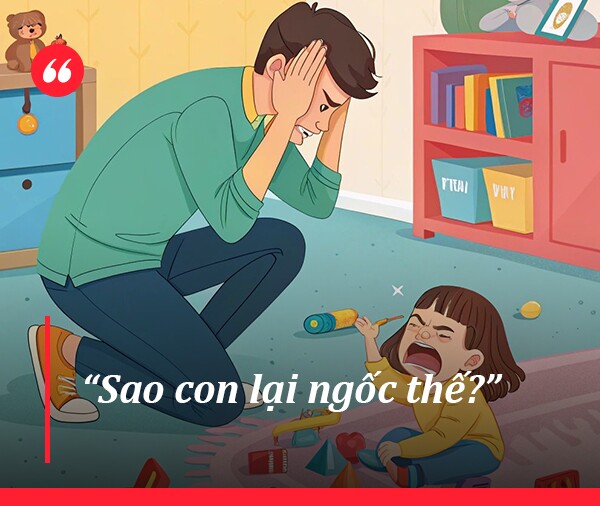

“Look at how well your peers are doing.”
This is a familiar phrase used by many parents as a form of encouragement for their children to improve. However, it’s important to understand that children’s self-awareness is still developing, and excessive comparison can lead to a sense of “I’m not good enough.” It can also stimulate rebellious behavior.
Unknowingly, children may start to think that “My parents love me because I’m better than others” instead of “My parents love me because I’m their child.”
Educator Lan Hai emphasizes that each child has their own unique development pace, just like different flowers blooming at different times.
Instead of using other children as a benchmark, parents should set progressive goals with their children. This approach will boost their confidence and help them excel through small improvements.
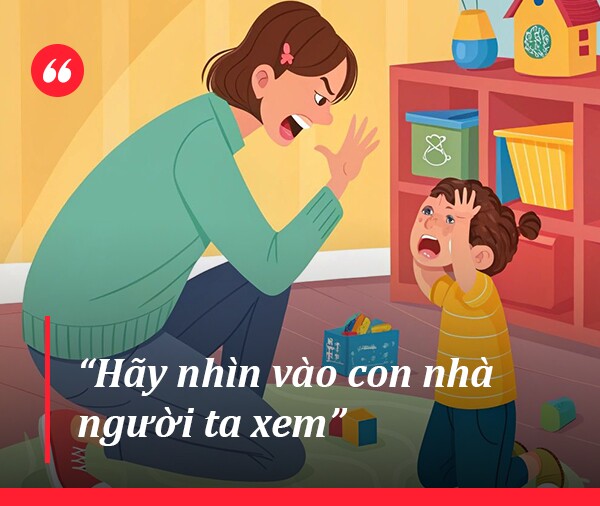

“Why are you crying? There’s no need to cry.”
It’s normal for children to cry, but many parents don’t realize that their children need to release their emotions.
According to the theory of emotion classification in psychology, children need feedback from their parents to learn how to identify and express their emotions. When parents deny their children’s emotions, it’s like telling them that their feelings don’t matter.
If this continues, children may lose their ability to recognize emotions or resort to more intense methods to prove that their emotions are valid.
The right approach is to empathize and then guide them. For example, parents can say: “I know you’re feeling sad right now, but let’s try to find a solution for the next time you encounter a similar situation.”
When parents understand and acknowledge their children’s emotions, the children are more likely to listen calmly instead of arguing.
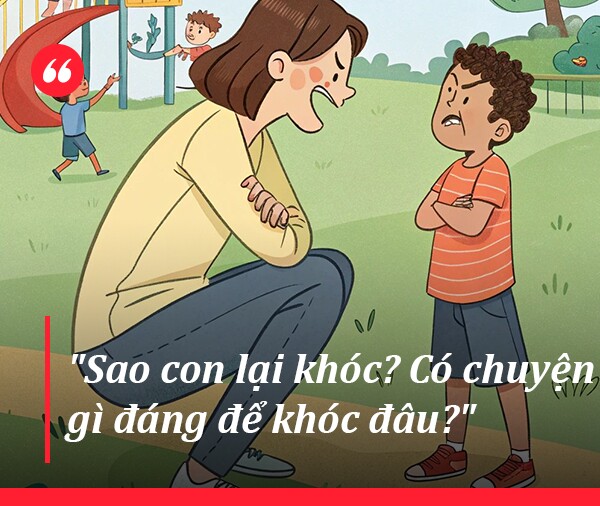

“If you continue like this, I won’t love you anymore.”
The theory of secure attachment in psychology emphasizes that children need a solid foundation of love from their parents to build trust in the outside world. Threats like “I won’t love you anymore” can instill fear in children, making them wonder, “Am I not worthy of love?”
To avoid being abandoned, children may temporarily comply, but they will feel insecure. Over time, they may become timid or rebellious during adolescence to “test” whether their parents’ love is genuine.
Educator Yin Jianli suggests helping children understand that no matter what happens, their parents’ love will not disappear.
Instead of using threats to force compliance, set clear rules. For example, say: “If you throw your toys around, we need to clean them up together before playing the next game.”
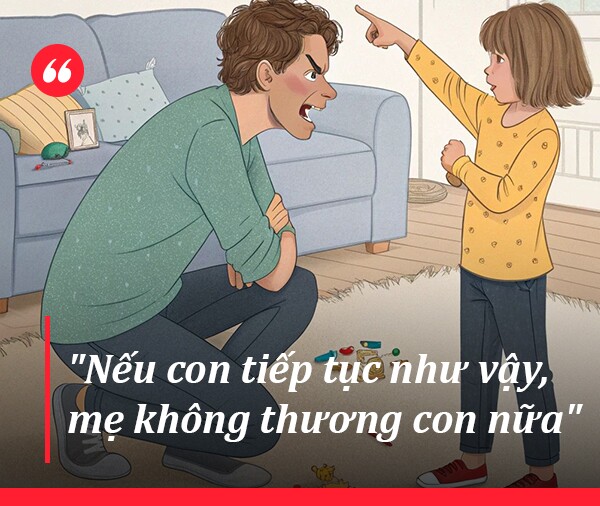
This way, children learn that their behavior has limits, but love is unconditional.
Educator Rousseau once wrote: The three least effective educational methods in the world are reasoning, losing your temper, and intentionally distancing yourself.
In reality, the essence of criticism is not to force children to admit their mistakes but to help them grow.
Criticism that leads to conflict often involves denial, comparison, and threats.
Effective criticism is accompanied by empathetic reminders, specific guidance, and solid trust. Therefore, good education nurtures children’s independence, encourages them to try and make mistakes, and guides them to correct their mistakes and grow.































